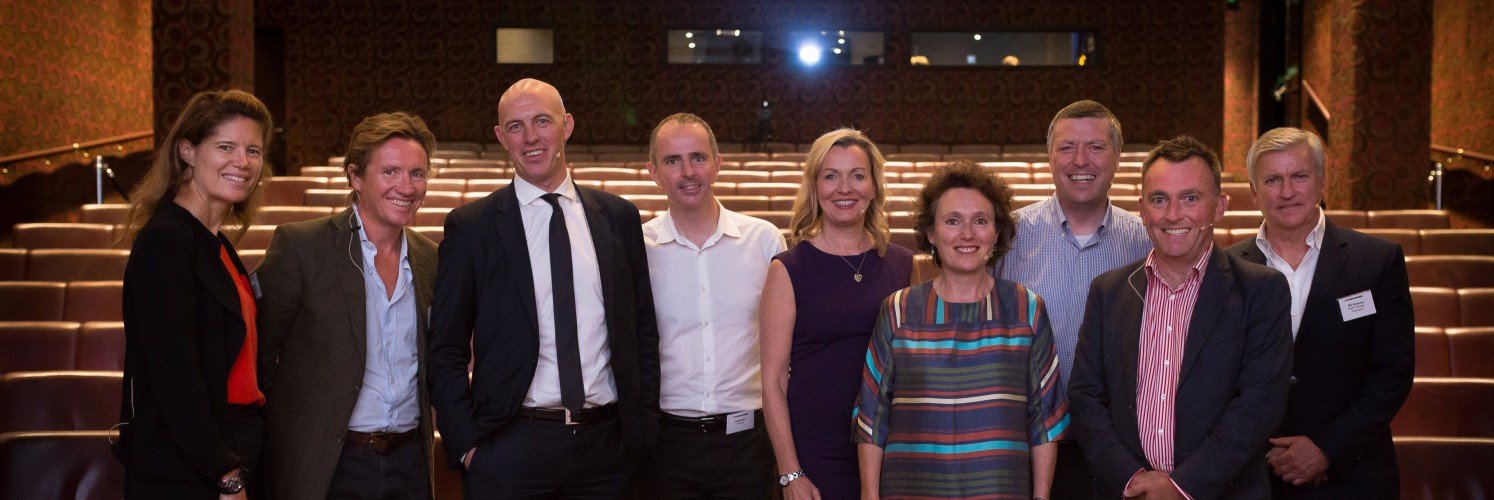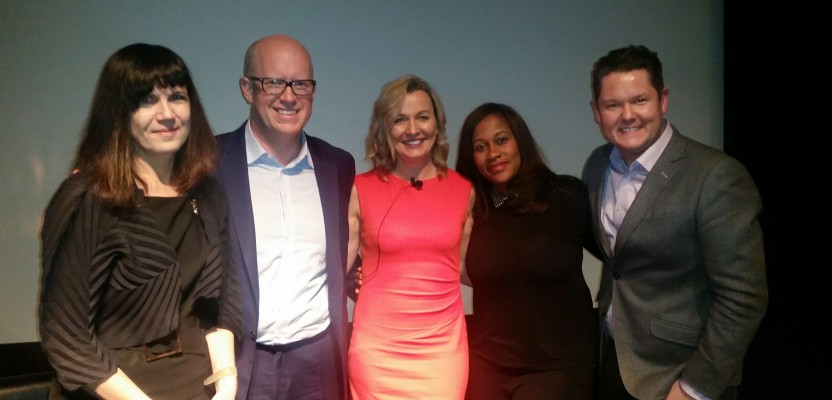Last year’s Campaign ‘A’ List asked the question: who in the industry would you be if you could come back as anyone?” My friend Steve said, “That’s easy for you Suki, you’d be a man. Just think how much more successful you’d be if you’d been born male.”
I was quite offended, but actually the stats suggest this might be true. In Campaign’s 2015 A list, out of 418 executives 79 (19 percent) are women and 8 (2 percent) are BAME. WACL has been promoting equality for 93 years but Marketing’s 2015 Power 100 lists 31 women and just 4 from BAME. Yet, about eight million people, 13 percent of the UK, come from BAME backgrounds. By 2045, this is projected to double. And, please don’t get me started on salary divide. The average gender pay gap in our industry is, according to Marketing Week’s Survey 2015, 21 percent. It simply isn’t acceptable.
According to MAA’s 2015 Census, “less than one third of agencies are aware of LGBT staff, and unnervingly Stonewall suggests: “82% of LGBT people go back into the closet following higher/further education when they enter the workplace.”
Global research suggests that businesses with high inclusive engagement enjoy operating profit almost three times higher (27%) than those that don’t. But I believe that diversity is much more than just good business sense.
In January we held our first 2016 Oystercatchers Club evening. The topic was Diversity, and, I had a truly eclectic panel: Paul Geddes, CEO, Direct Line Group; Michael Brunt, CMO and Managing Director of The Economist; Karen Blackett, CEO, MediaCom, and Catherine Mayer, a founder of the Women’s Equality Party.
All, without exception, have created time and environments to make people feel included– when they’ve felt alone, outnumbered, or needed support. We talked about why we felt the need to speak up and be heard. Three themes emerged:
Allow people to bring their real selves to work.
‘Call out laddish behaviour and other forms of discrimination and create no tolerance cultures to support younger people in organisations so that diversity and inclusion can happen’ suggested Catherine Mayer, of the WEP. Paul Geddes, CEO, Direct Line Group, urged us to “bring all of yourself to work, don’t leave your personality at the door”. Michael Brunt, CMO and Managing Director of The Economist, observed with poignancy, "I wish my 20 year old self had seen someone outwardly LGBT running a large organisation".
Re-wire to become a destination industry
One in four children in UK primary schools come from BAME backgrounds. And first generation parents have yet to see marketing as a career of choice – advocating their children to become doctors, lawyers or accountants. We need to educate and deliver confidence for parents and students alike and show rewards on offer in marketing and communications.
How are we tackling out-dated recruitment? Grad schemes recruit from Russell Group Universities, while head-hunters need to throw their nets further. Paul Geddes jettisons “achingly dull short-lists”, challenging for more interesting and diverse options. Mixed interview panels are working for some businesses to overcome unconscious bias.
Change comes from the top
Change comes with sponsorship at board level. ‘Diversity is about being in the room, inclusion is being given a seat at the table’, said Karen Blackett. Michael Brunt wants to create a company where “being yourself is nurtured, rewarded and celebrated”. For fairer equality, he has introduced flexibility for everyone – not just parents, and, a process to ensure that people loyal to The Economist are not penalised against market value. Karen Blackett has established family days, and Project Blend, which stops focussing on office face-time. Paul Geddes pointed to a potential imminent ‘pay inflation’ for senior women as similar-minded companies all compete for the best female talent, so there should be further change afoot.
What more can we do?
As an industry we are in a unique place to push change – hard. Our industry sells brands on the back of aspiration – and now we need to be more imaginative in what we aspire to. What we create on TV screens, online and on posters influences society, we are a mirror and a barometer, and we need to provide a better reflection of society and reality.
We all need to step up and step forward. I am passionate about fairness, passionate about decency, passionately interested in everyone getting a chance. A simple step Oystercatchers is taking is to bring agencies and marketers together with the Women’s Equality Party to support this change. Our first session is booked for the 2nd February, so please let me know if you would like to join in.
This time next year I want to be able to look back and see that I and others have made a difference.
https://www.youtube.com/watch?v=Am68PWni0co



